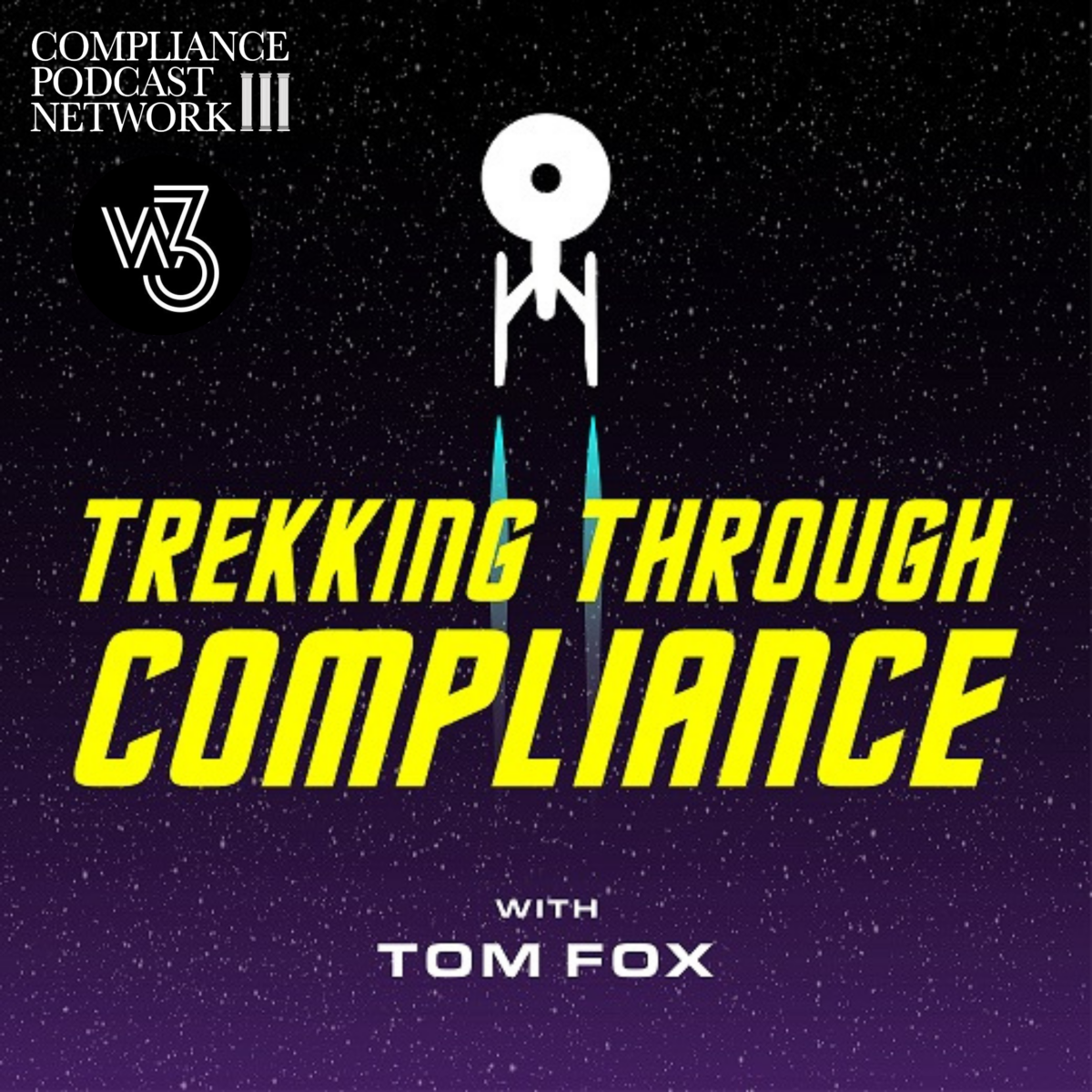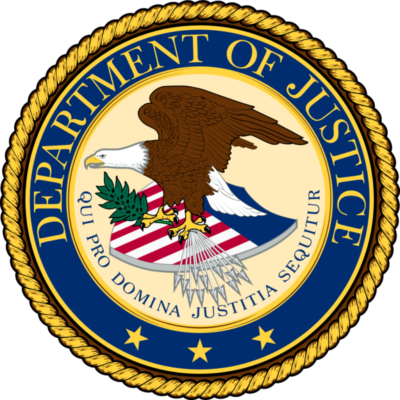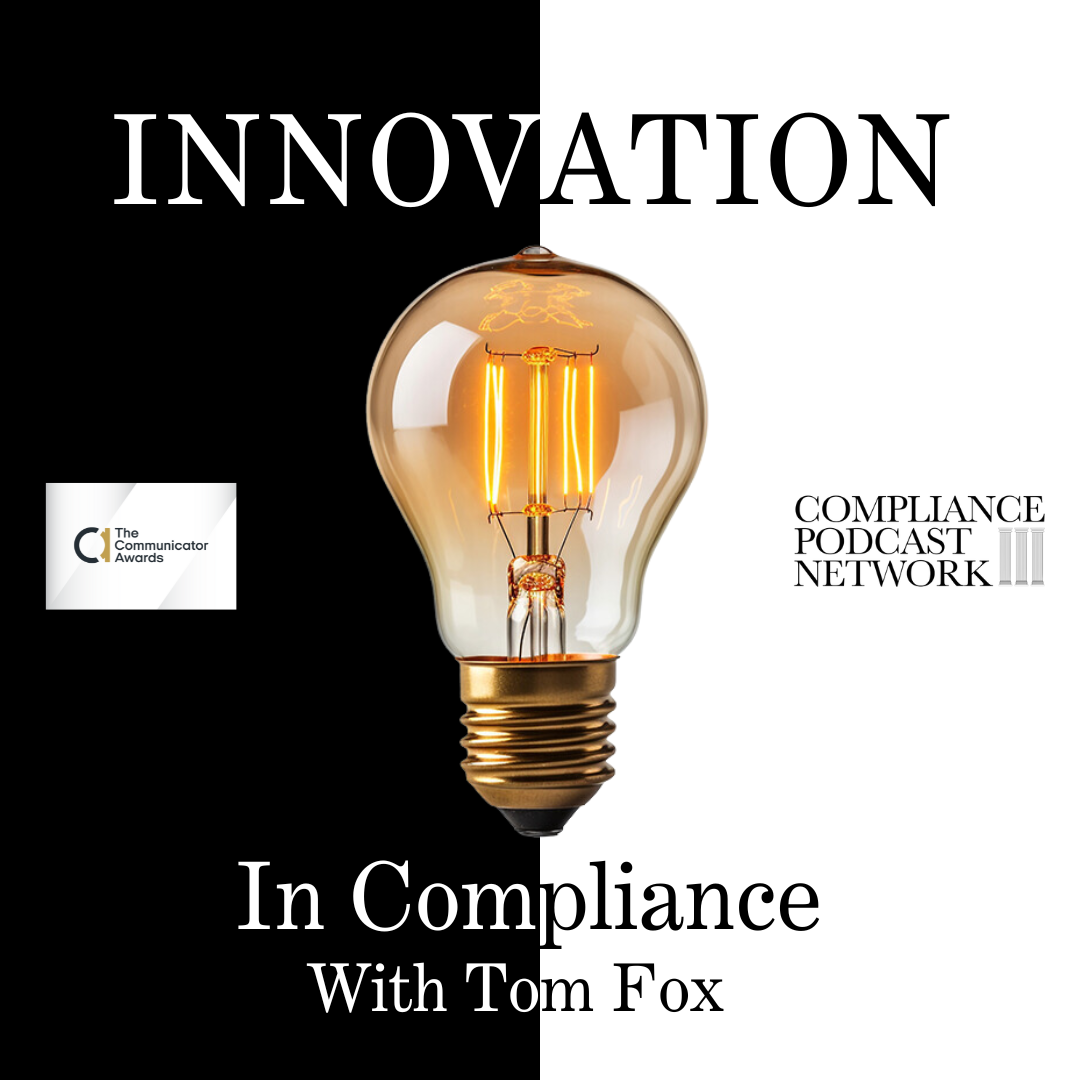The Department of Justice (DOJ) is currently in a conundrum over its Deferred Prosecution Agreement (DPA) for the Boeing 737 Max crashes. Understanding the implications of the DOJ’s upcoming decision on whether to prosecute Boeing under the existing criminal law is crucial. This decision carries significant weight and presents a multifaceted challenge for Boeing and the broader corporate compliance and governance landscape.
The criminal justice system’s fundamental purpose encompasses several key aspects: retribution, justice for victims, and the rehabilitation of offenders. While straightforward when applied to individuals, these principles become more complex in the context of corporate entities. For the families of the 346 victims of the 737 Max crashes, justice might mean seeing Boeing held criminally accountable, literally with senior executives or even Board members facing criminal charges. This desire for justice is understandable and necessary for those who have suffered immeasurable loss.
However, the broader societal interest in maintaining a safe and reliable aviation industry adds complexity. Ensuring that Boeing undergoes a cultural shift towards prioritizing safety over profit is crucial to preventing future tragedies. This balance between justice for the families of the crash victims and ongoing public safety is at the heart of the DOJ’s dilemma.
At the core of this issue is Boeing’s corporate culture. The company’s aggressive pursuit of profit and rapid production schedules has led to significant safety oversights. Incidents such as the recent mid-flight door detachment from a Boeing airliner and allegations of using falsified or contaminated titanium underscore ongoing safety concerns. Addressing these issues necessitates a fundamental shift in Boeing’s approach to safety and governance.
Compliance officers face the daunting task of ensuring that DPAs are effectively implemented. Boeing’s situation raises critical questions about the enforcement of DPAs, the criteria for determining violations, and the appropriate remedies when violations occur. The rarity of formal DPA violations adds to the uncertainty and complexity.
The DOJ’s decision on Boeing involves balancing multiple interests: the victims’ families, Boeing’s employees, the air-traveling public, and the broader economic and national economic and national security implications of Boeing’s operations. As the “People’s Law Firm,” the DOJ must navigate these diverse and often conflicting interests to reach a peaceful resolution.
A key consideration is whether financial penalties alone can drive meaningful corporate reform. Historical evidence suggests that financial penalties, while necessary, may not suffice to instill lasting cultural change. More stringent measures, such as operational limits and enhanced monitoring, may be required.
The concept of a monitorship is particularly relevant. A monitor could provide ongoing oversight and guidance, ensuring Boeing meets stringent compliance standards. Transparency in monitoring, including public disclosure of monitor reports, could enhance accountability and public trust.
The Federal Aviation Administration (FAA) also plays a crucial role. However, the FAA’s past performance overseeing Boeing raises questions about its ability to enforce safety standards effectively. Ensuring that the FAA undergoes its cultural transformation and maintains rigorous oversight is essential for any comprehensive solution.
Boeing’s status as a major aircraft manufacturer has significant implications for national security and the economy, which makes its case unique. Compliance professionals in other industries must recognize that the consequences of non-compliance can vary significantly based on a company’s strategic importance. While some companies might face severe penalties or even closure, critical industries like aviation may require more nuanced solutions to balance justice and operational continuity.
Compliance officers should closely monitor the DOJ’s handling of Boeing’s DPA. The potential introduction of CEO and Chief Compliance Officer (CCO) certifications for compliance program effectiveness in future DPAs is a significant development. These certifications could greatly impact how compliance programs are designed and evaluated, making it crucial for compliance officers to stay informed and prepared.
The Boeing case underscores the complexities of enforcing corporate compliance in industries with significant public safety implications. The DOJ’s decision will likely set important precedents for future DPAs and compliance practices. As we await the DOJ’s final decision, it’s clear that achieving justice and ensuring safety requires a multifaceted approach, balancing financial penalties, operational oversight, and cultural transformation.
For compliance professionals, the key takeaway from this case is the importance of robust compliance programs and the necessity of adapting to new regulatory expectations. The introduction of CCO certifications, the potential for increased transparency in monitorships, and the evolving nature of DPA enforcement are all critical factors to consider in developing and maintaining effective compliance strategies. Compliance officers must remain vigilant and adaptable, drawing lessons from high-profile cases like Boeing’s to enhance compliance programs and contribute to a safer and more accountable corporate landscape.







